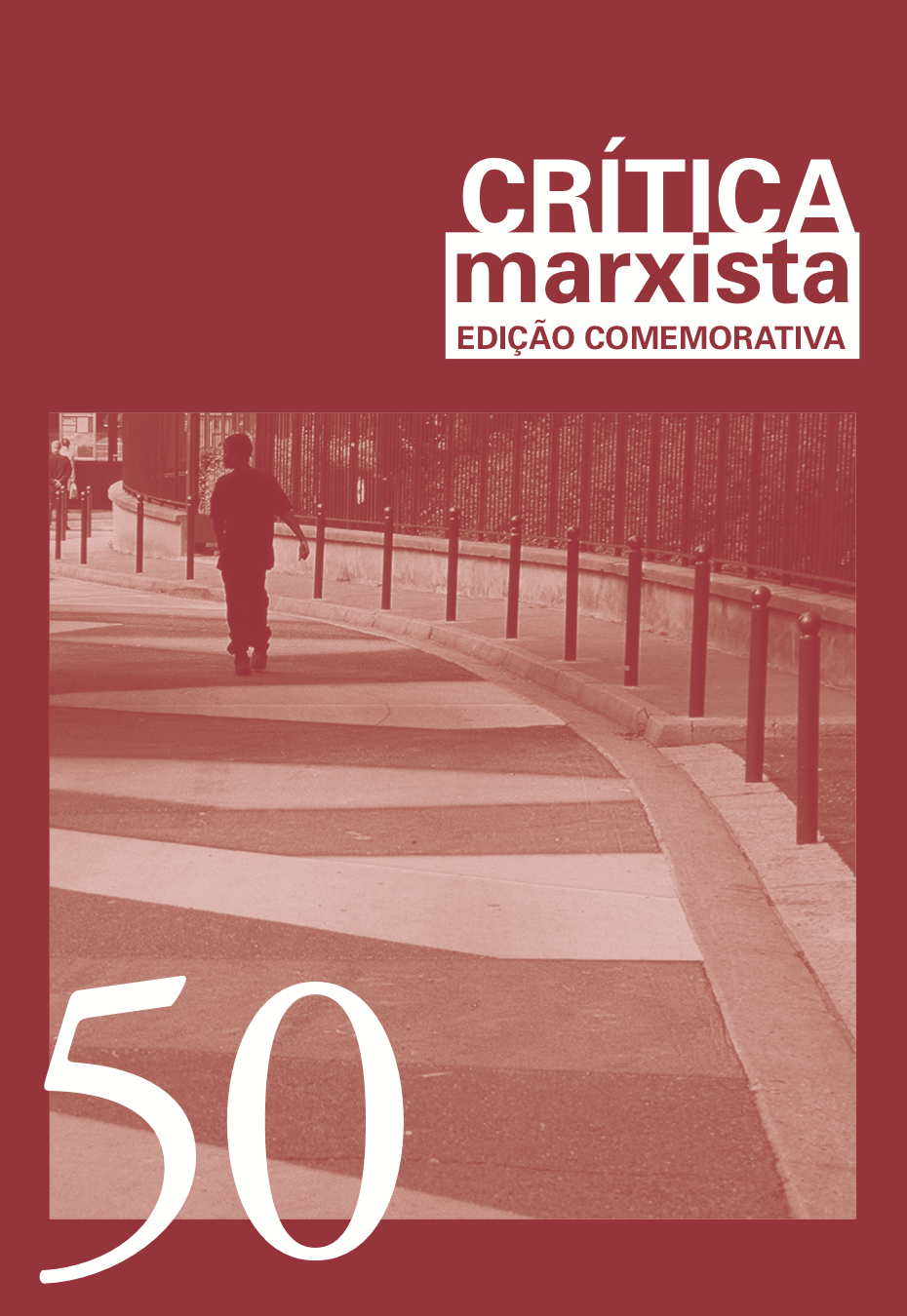Abstract
History is, according to theory, the history of class struggles. However, the concept of class is linked to the emergence of the proletariat. When it was still revolutionary, the bourgeoisie called itself the Third Estate. In extending the concept of class to the distant past, the theory does not only denounce the bourgeoisie, whose freedom, with property and education, continues the tradition of old injustice. She turns against her own past. The appearance of patriarchal benevolence that it has assumed since the triumph of ruthless capitalist calculation is destroyed. The venerable unity of what came to be, the right natural hierarchy in society presented as an organism, it already appears as a unity of interested parties. The hierarchy has always been a compulsory organization for appropriating the work of others. Natural law is prescribed historical injustice, the structured organism is the system of division, and the image of the estates is the ideology that, in the form of dignified gain, honest work and, finally, the exchange of equivalents, best served the bourgeoisie installed.
References
BURCKHARDT, J. Griechische Kulturgeschichte. Bd. 1. Stuttgart: Spemann, 1908.
HEGEL, G. W. F. Wissenschaft der Logik II. Frankfurt am Main: Suhrkamp, 2003.
TROELTSCH, E. Der Historismus und seine Probleme. Tübingen: Mohr Siebeck, 1922.

This work is licensed under a Creative Commons Attribution 4.0 International License.
Copyright (c) 2020 Theodor W. Adorno
